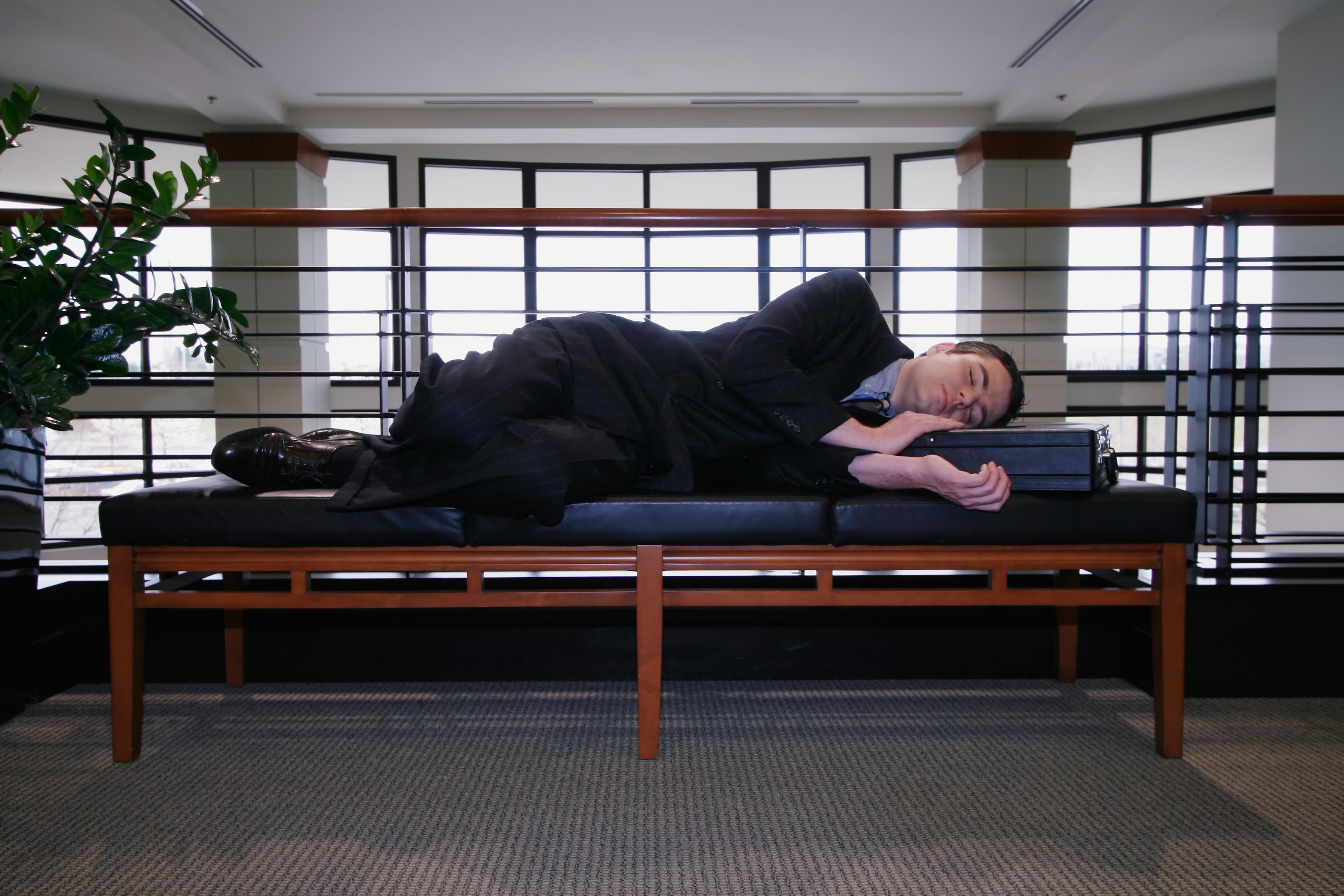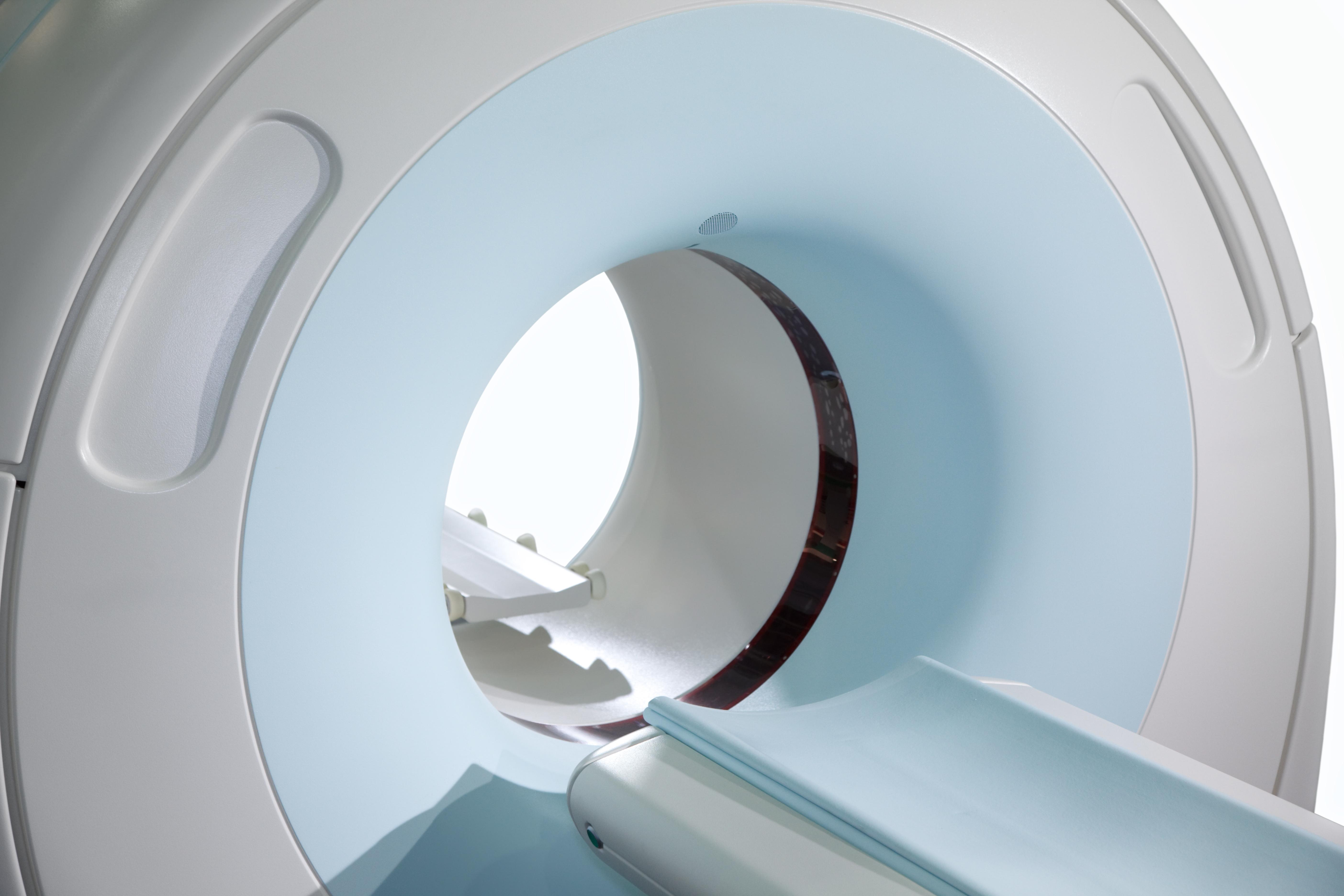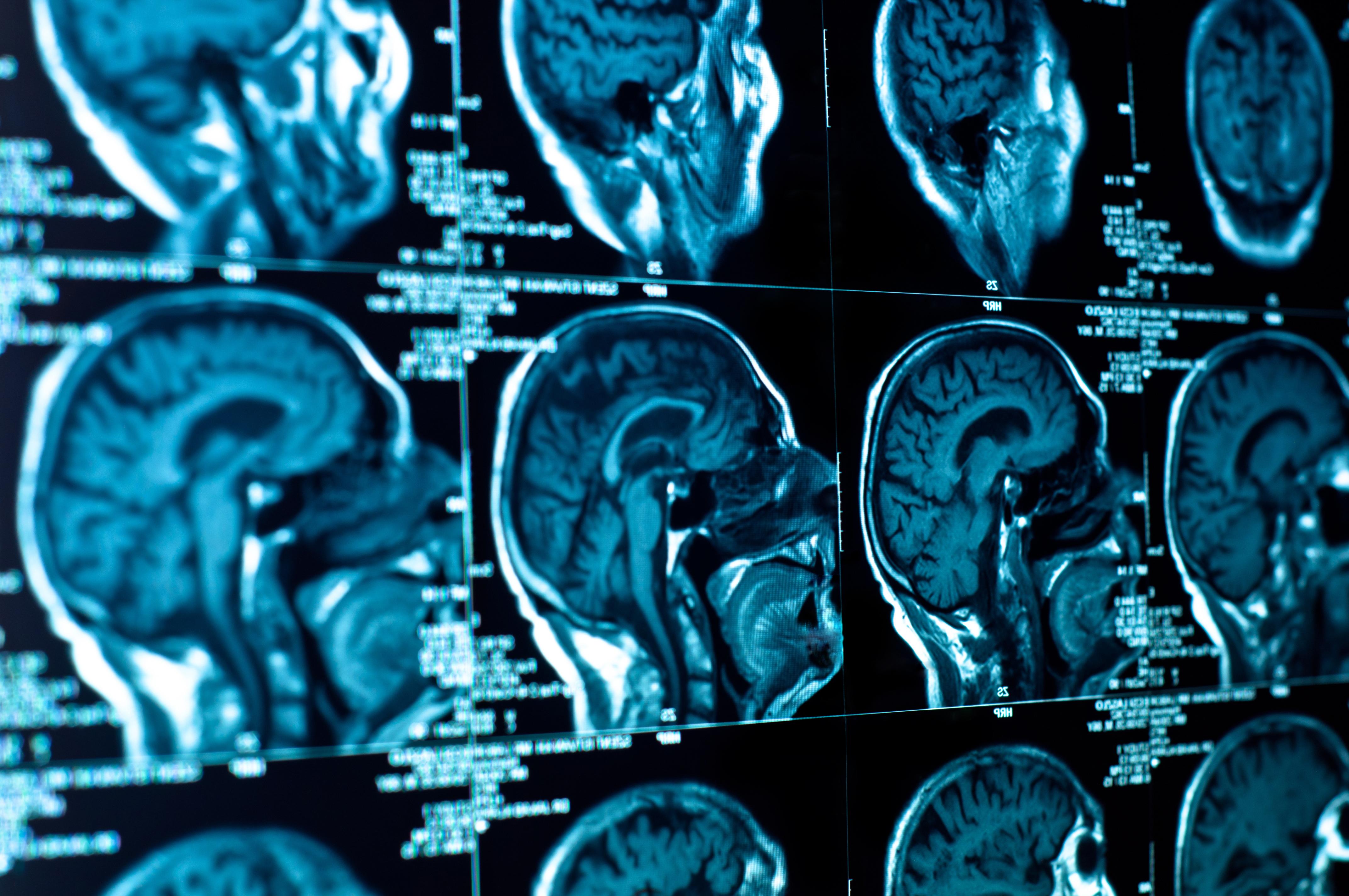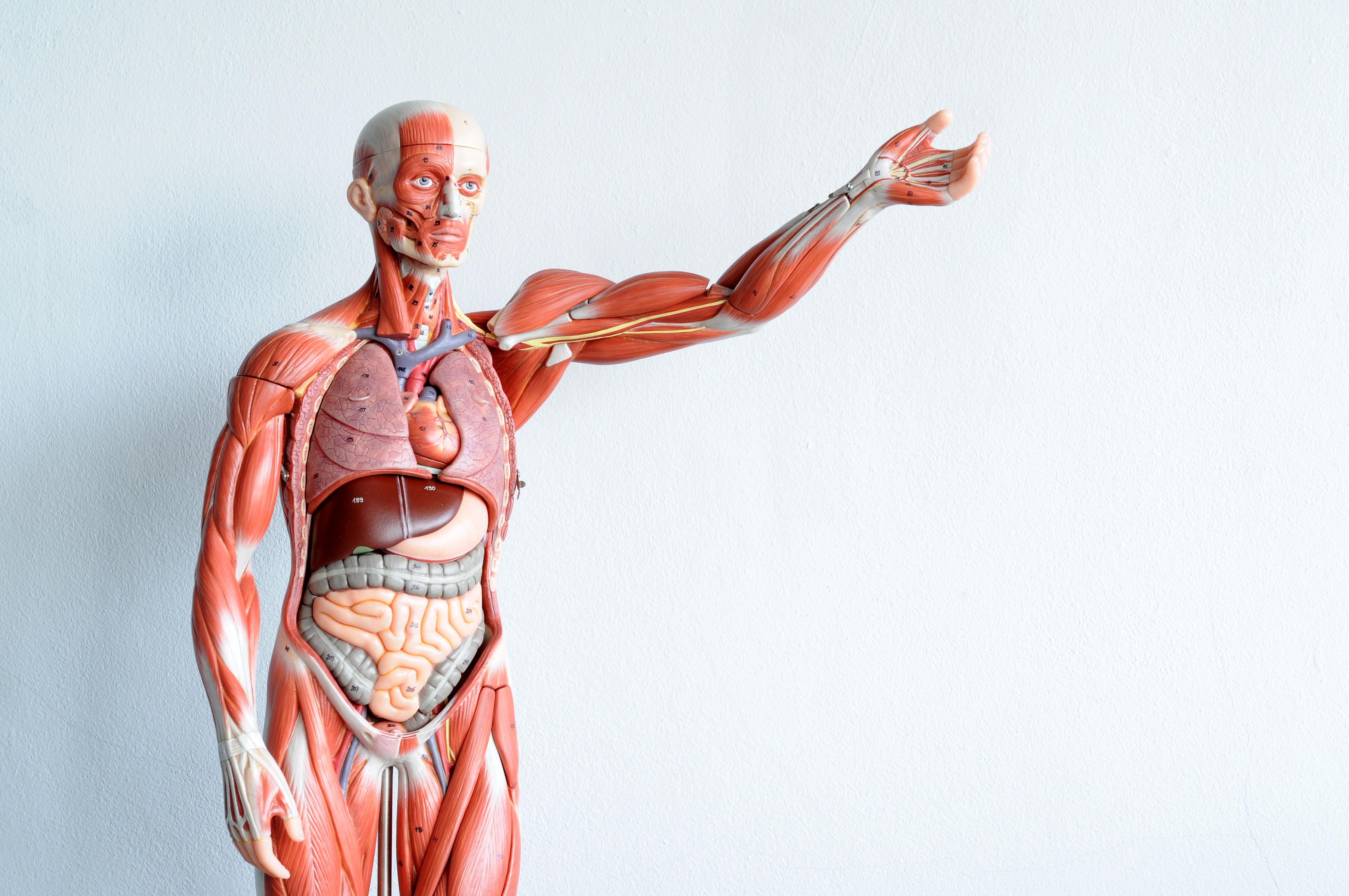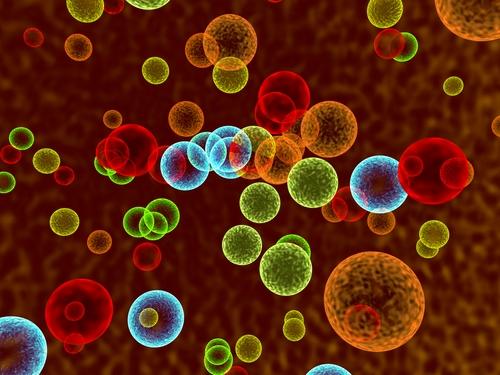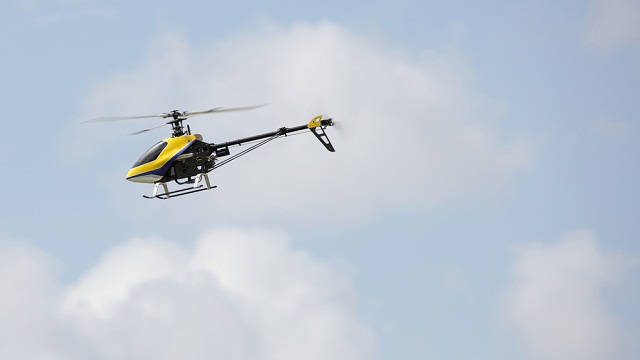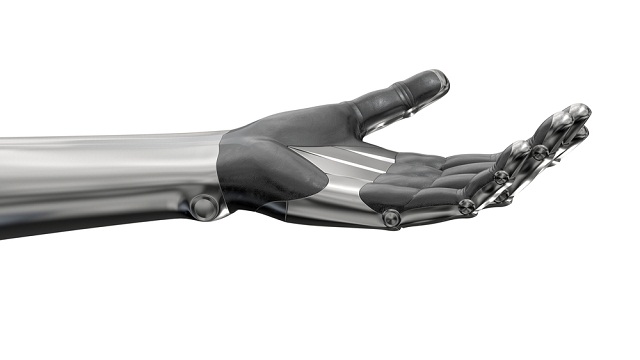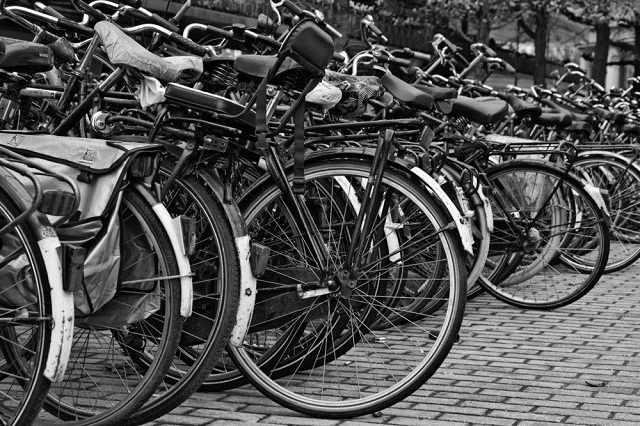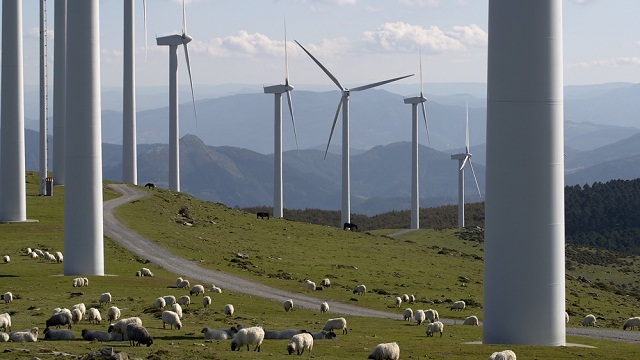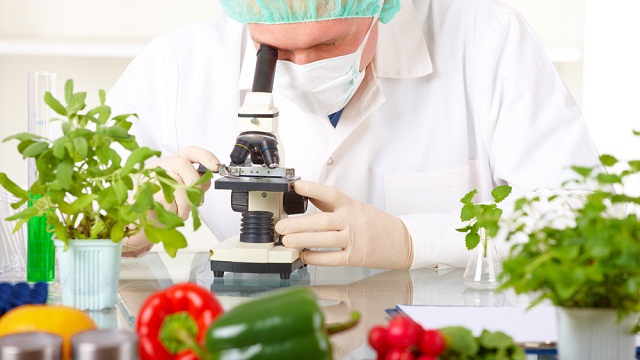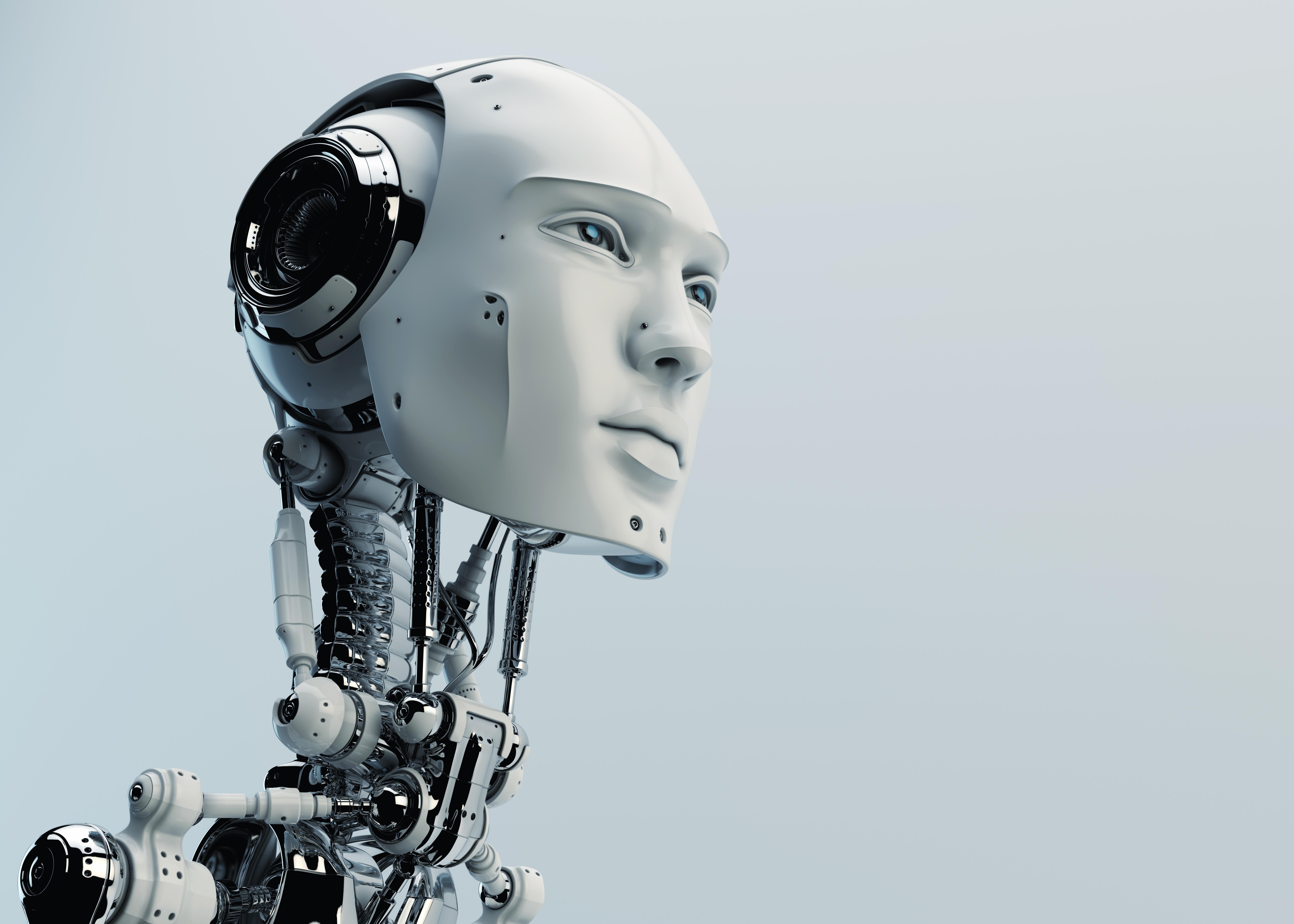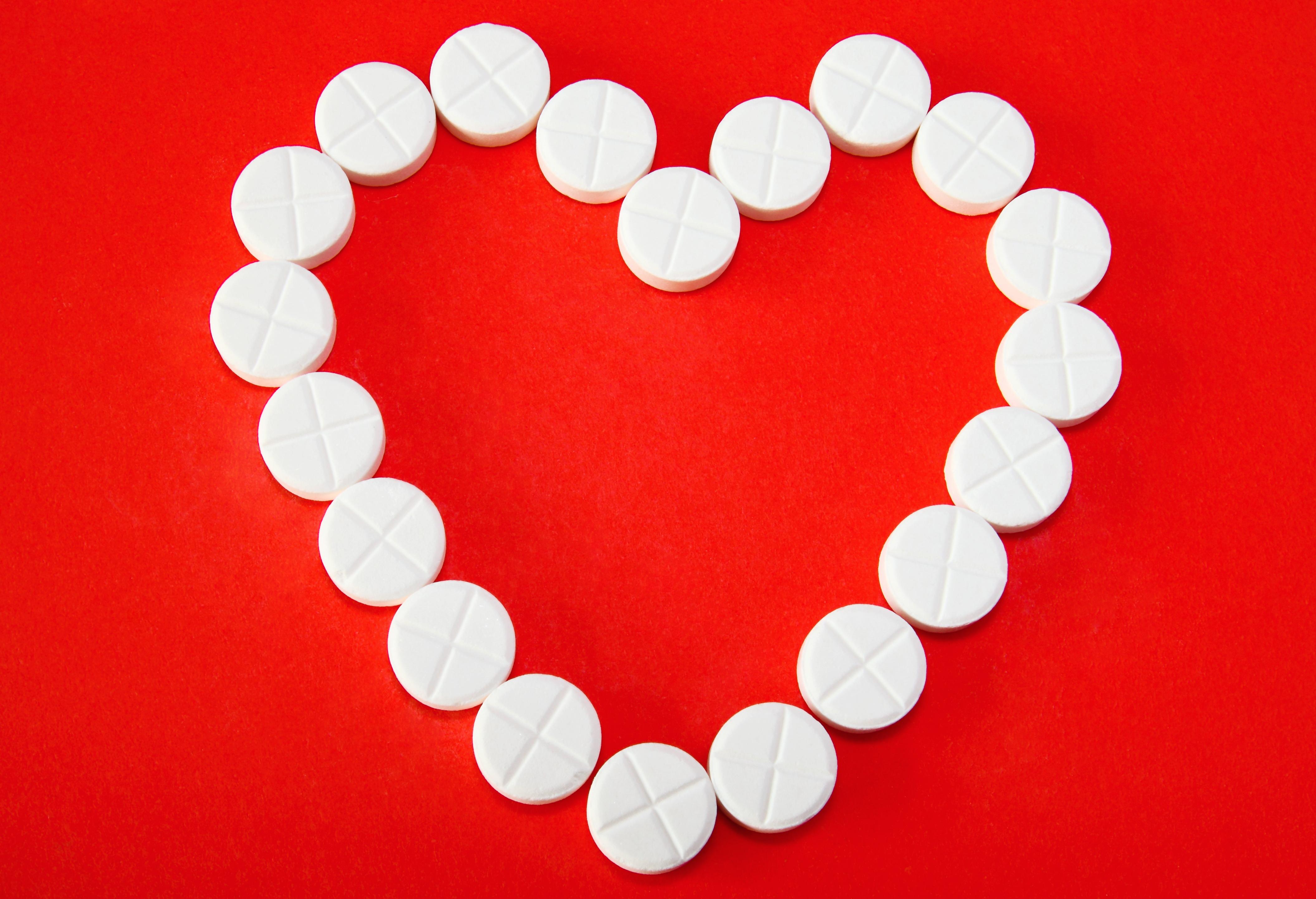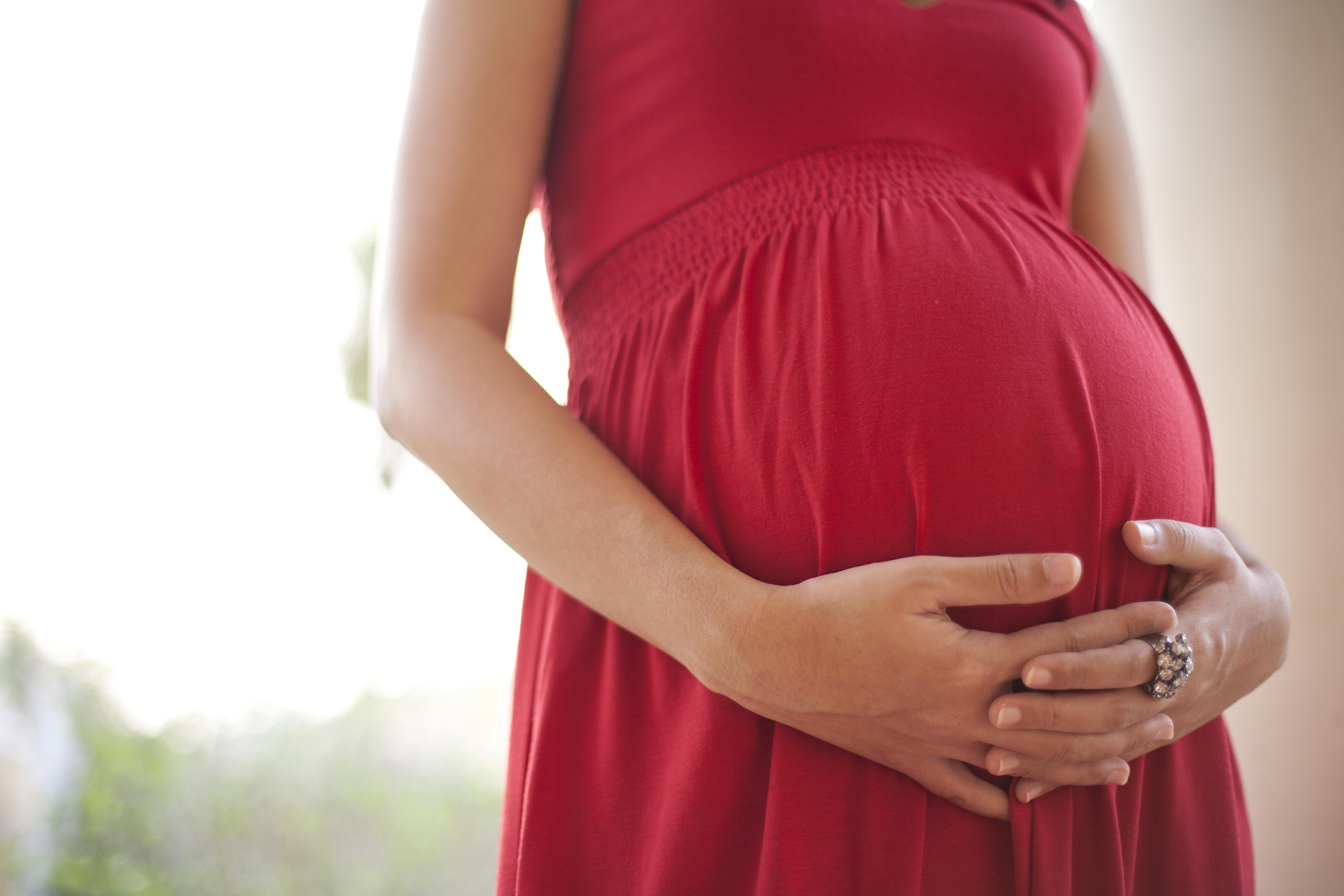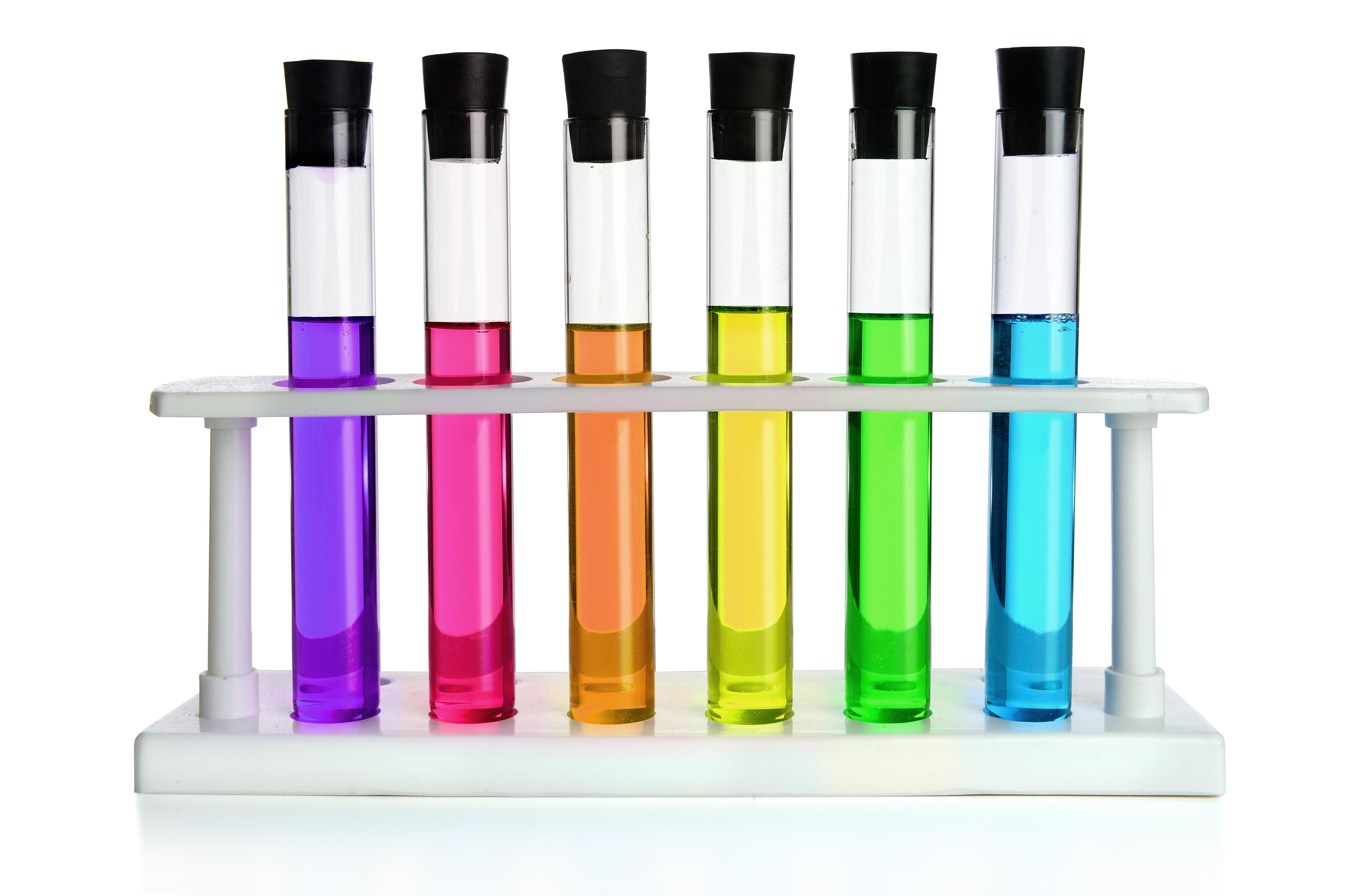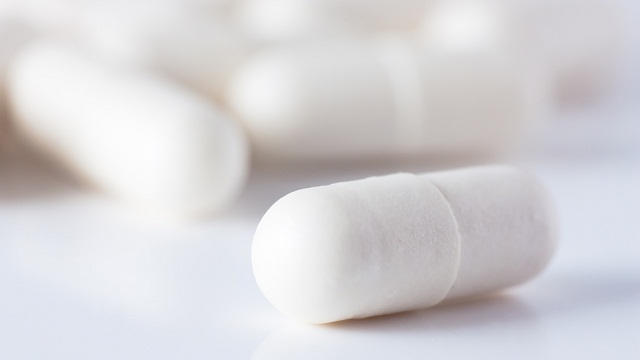Surprising Science
All Stories
Our current thinking on productivity demands us to be bigger, stronger, faster without regard to the fact that both time and energy are finite resources. To work better, relax more often.
A special molecule has been found by scientists that activates the body’s own tumor killing system, causing the death of cancerous tissue in mice while preserving the integrity of healthy cells.
Researchers at NYU have begun the largest PTSD study of its kind, looking for biological indications of the disease hidden away in the brain, nervous system, and even the voice.
Scientists in the UK have tweaked an inkjet printer to facilitate the printing of three-dimensional cellular blobs which may be used to regenerate entire human organs for transplant.
In a study of twins from Malawi, scientists have concluded that a poor diet is not the only explanation for becoming malnourished. An imbalance of bacteria in the gut may be to blame.
The Black Hornet — four inches long, weighing 16 grams — is designed for use by a single soldier for remote photo and video capture.
Originally created just for fun, the RoboHand could open the door towards bringing affordable prostheses to more people. One of the first beneficiaries: A five-year-old boy.
With the help of Dutch government funding, a Danish company is developing exterior airbags that will protect the cyclist in the event of a collision.
Today’s Solomon Islands earthquake, along with several in the not-too-distant past, occurred in ways that suggest current models underestimate potential danger.
For the last three months, and for the first time ever, they’ve produced more electricity than any other source of power currently being used.
As the US government evaluates nanomaterials used in consumer products, a survey sent to over 2,500 food companies about their use returned only a fraction of responses.
Although the exoplanets themselves may have a high proportion of rock, the atmospheric layer is so deep, hot, and hydrogen-rich that they may never become Earth-like.
Images from NASA’s Cassini probe show a weather phenomenon that’s never been observed on any other planet in the solar system, including ours.
Activist groups and the government are working to help rectify a housing shortage caused by jumps in both unemployment and property costs.
The law, which introduced severe restrictions, went into effect almost two years after a school shooting left 16 primary school students dead.
A bionic man named Rex, currently on display at London’s Science Museum, is showing how close technology has gotten to imitating natural human systems and even improving on them.
A team of Oxford University philosophers have put forward a case for the use of love drugs in cases where boosting affection would benefit child rearing or maintaining long-term relationships.
If you use your laptop or tablet computer late at night, the brightness of the screen could be disrupting your body’s release of melatonin, a key hormone in the body’s clock, or circadian system.
New research confirms previous studies that linked childhood stress with higher levels of cardiovascular disease. Now researchers will look for the underlying biological mechanism.
Illumina, the world’s leading manufacturer of DNA sequencing machines, is pushing to market new non-invasive tests for mothers at high-risk of passing genetic mutations on to their children.
A new biotech company has started a citizen scientist project to help map the human microbiome, the spectrum of foreign organisms that outnumber our own bodily cells by ten to one.
The chief medical officer for Britain’s Department of Health warns of the “apocalyptic scenario” that could occur if more bacteria become resistant to antibiotics and no new versions are created to take their place.
Inspired by a comic strip, a geneticist has created a text editor that restricts writers to the 1000 most commonly used words in the English language.
Rio de Janeiro and Rome are two cities that have pledged to hold racing competitions in 2014 using all-electric vehicles.
Used by police in riot situations, it could help identify perpetrators long after the event is over: The DNA “sticks to clothing through several washings and to skin for about two weeks.”
In response to a rising wave of crime on campus, three Cornell University students have developed a prototype of a device that blinds an attacker and takes their picture.
The parameters that determine the solar system region in which planets could possibly support life were created 20 years ago, before exoplanets were discovered.
A recent follow-up study involving American University’s dining halls demonstrates that removing trays causes a notable drop in both energy costs and food waste.
Findings published Monday describe a thriving world of microbial life existing 30,000 feet above Earth. Comprising up to 20 percent of particles in their size range, they may affect weather on the ground.
A few days ago, 64 influential Catholics appealed to their co-religionists in Congress to support gun-control legislation. They laid down a pretty solid Catholic guilt trip: Members of Congress who […]
